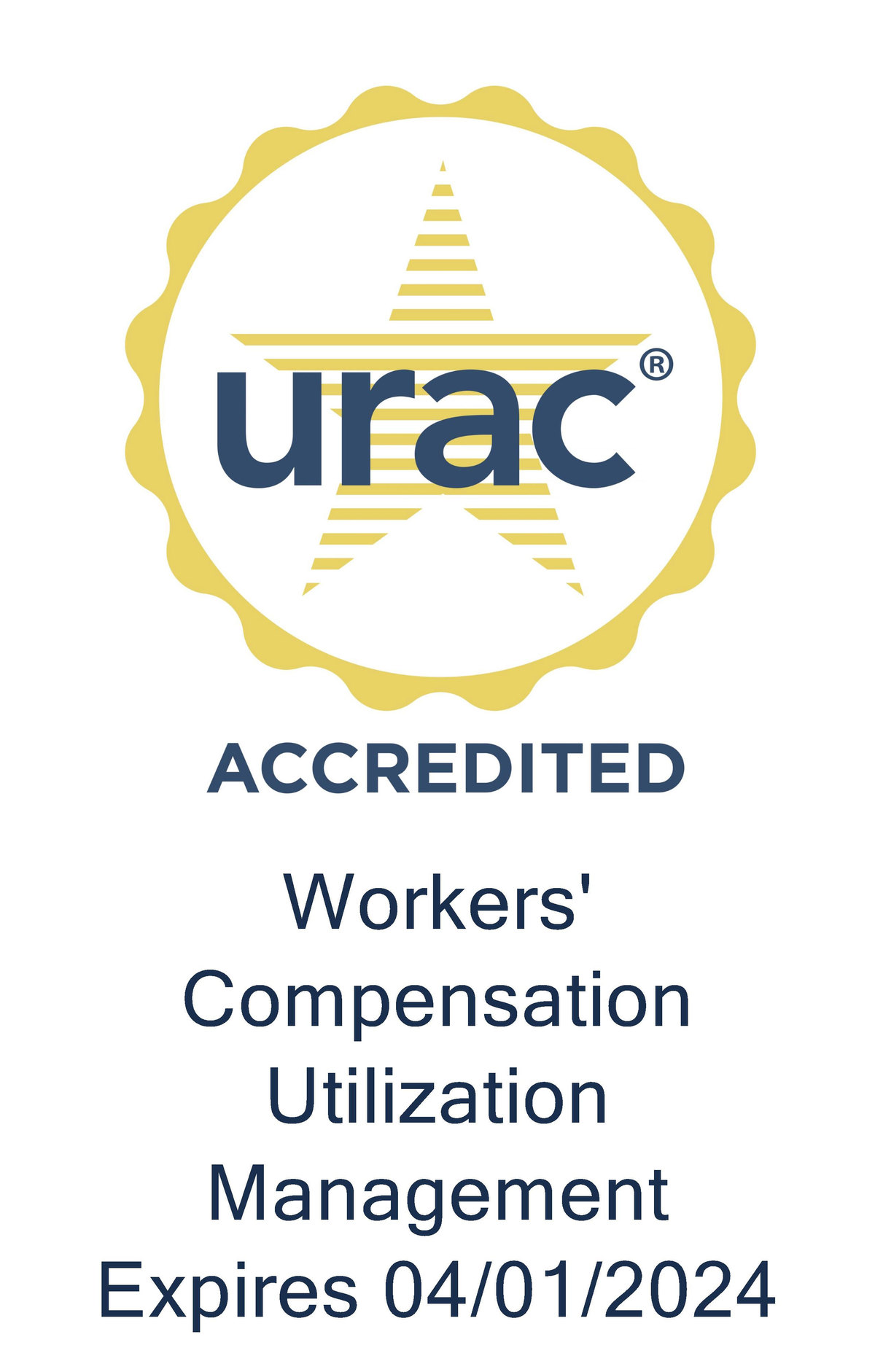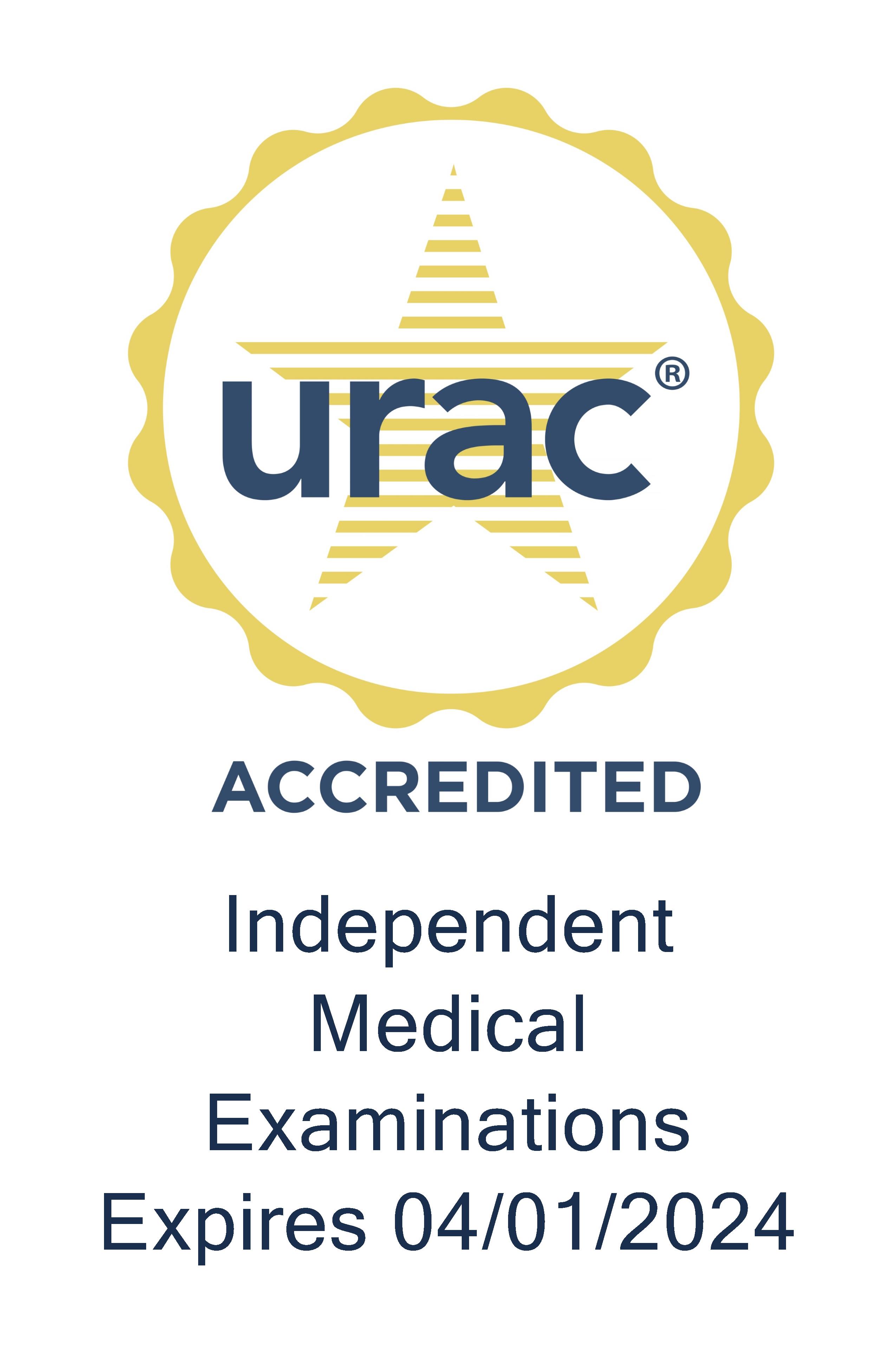Pandemic anxiety, depression and isolation gives us a taste of what employees face in overcoming a work injury
Americans have come a long way in better understanding and appreciating mental health and its important role in maintaining activities of daily living. This is especially true now, as we struggle to cope with a pandemic that has just started to loosen its grip on our way of life.
With a third of Americans showing signs of clinical anxiety or depression over the past two months and two-thirds of adults reporting more stress now compared with this time last year, living with anxiety, depression, loss, isolation and fear has become a major problem for many. For those of us in the workers’ comp industry, we’re getting a taste of the psychosocial effects many injured employees face during their recovery.
And perhaps stepping in those shoes may help the industry further recognize the need for psychosocial intervention and retire old stigmas regarding mental health and claims management. I was recently encouraged to see Risk and Insurance publish an article that focuses on the "7 Mental Health Myths — and Why They Matter in Workers’ Comp." The detailed piece features leading industry experts who discuss the most common misconceptions regarding mental health in our industry that, when not correctly addressed, lead to delays in claim duration and return to work.
Uncovering the Myths
Chief among these is that psychosocial concerns need only be addressed in those injured employees with preexisting mental health disorders. As Mariellen Blue, National Director of Case Management Services at Genex Services, points out in the article even minor injuries can bring on symptoms of anxiety and depression in otherwise mentally stable individuals. So much so, that some psychologists have nicknamed this type of adjustment disorder “broken bone depression.”
Another long-standing myth in workers’ comp is that mental health concerns drive up claims costs and delay return to work. However, as Blue notes in the R&I article, though there is often a connection between high claims costs, delayed return to work and mental health, many of those who subscribe to this myth have the connection backwards. Depression isn’t causing the inability to return-to-work; it’s the inability to return-to-work that causes the depression. “Work really defines who you are as a person. It gives you purpose in life. When that’s taken away from you, depression is something that can set in,” Blue said in the article.
Early Recognition Leads to Better Coping
Which leads to another myth referenced in the piece, that mental health can’t be approached from a preventative standpoint. In fact, early case management intervention has been successful in better addressing mental health concerns early on so injured workers can receive a true severity score to determine what needs to be addressed throughout the claim.
“Case managers often play a role, similar to a detective, in discovering what underlying problems there may be that could be delaying the claim,” Blue told R&I.
And, as coronavirus continues to ramp up anxiety and psychosocial concerns in injured employees, Blue says that early case management intervention can make all the difference in the world in closing claims on time. During this pandemic, we’ve seen numerous examples of how case managers helped address anxious workers’ concerns to ensure they continue to progress through their claims.
So, as we all continue to adapt to an uncertain and, often, fearful world, we’ve begun to walk that mile in the injured employee’s shoes. Here’s hoping we complete this journey with a better understanding of how much mental health impacts overall health and well-being.
Could psychosocial issues be the cause of your delayed claims? Learn how Genex case management can help keep your injured employees on the path to recovery.






